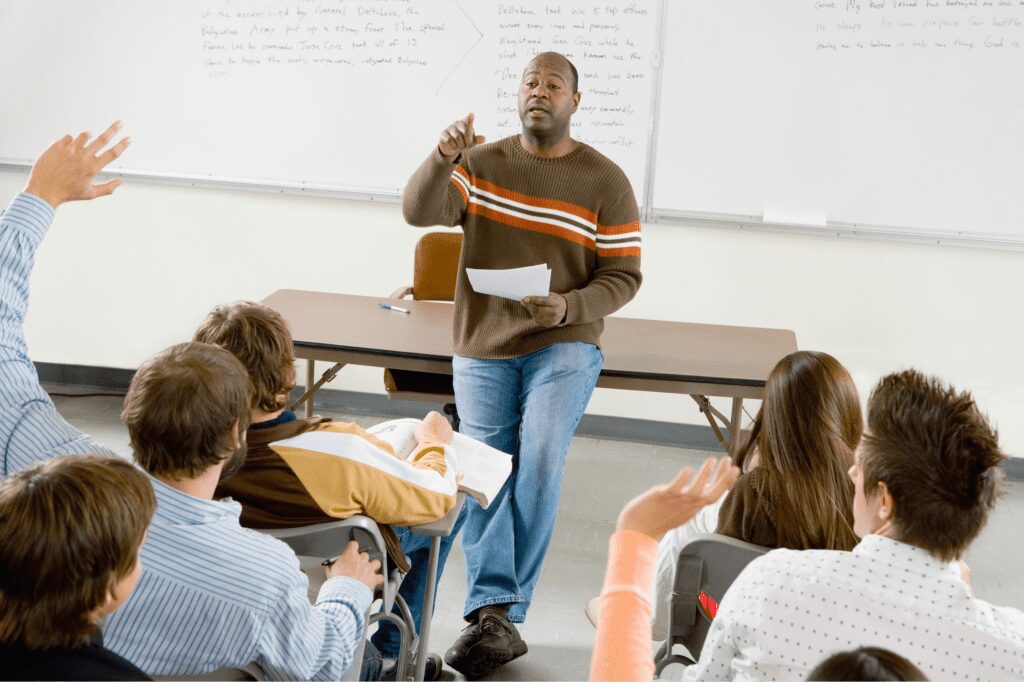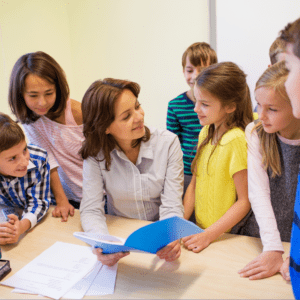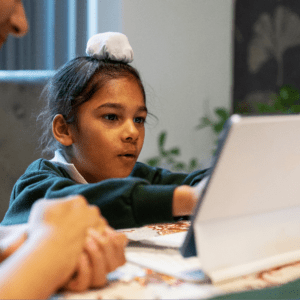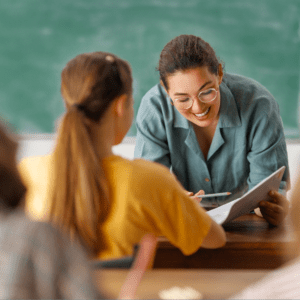Why shouldn’t teachers consider themselves experts?
- Making mistakes is normal, even for teachers.
- Modelling how to learn can be incredibly powerful.
- Your job is a lot more than that.
I’m a Maths and Science teacher. Specifically, I teach Senior Mathematics and Physics. I did not study any of these things at university, and in fact, did not do the Maths and Physics that I currently teach when I was in High School.
I trained to be a History teacher, but the school where I already had a short-term contract needed a Science teacher for the next year so I put my hand up. It was honestly the best career decision that I’ve ever made, and I believe that it has made me a much better teacher.
Senior High School teachers in particular can develop a bit of a culture around being ‘superior’ to teachers who work with other year levels. It is easy to think that because your content is more dense and difficult, you are the better teacher. Many people also come into the profession of teaching from industry and research backgrounds, thinking that they will be a fantastic teachers because they know their subject so well. Knowing your content is only a part of being an effective teacher, and many fall into the trap of relying on it too heavily.
Making mistakes is normal, even for teachers.
If you see yourself as the content expert, your students will start to as well. This is just one of the many personas that you can have as a teacher and will affect the strategies that you can effectively use.
If you choose to be seen as the subject matter expert, your students are likely to put a lot of trust in you. This trust can become very black and white and if you get something wrong, it can discredit everything else that you’ve been saying on the topic. This can encourage a fixed mindset – that you are the expert who knows absolutely everything, and if you get something wrong, it means that you know absolutely nothing.

Making mistakes happens. Teachers do it all of the time, and there is an unfortunate culture among teachers of not owning up to it. If we as teachers try to be a person who doesn’t make mistakes and knows everything about a particular topic, we are demonstrating to our students that it is possible to be perfect and they just aren’t it.
Modelling how to learn can be incredibly powerful.
The best way to combat a fixed mindset is to teach the process of learning. No one knows everything, and everyone can improve. This includes the teachers.
If you know that you aren’t an expert in the content that you are trying to teach and you don’t pretend to be, you can teach students how to learn. Learning is more than just remembering concepts and building skills, it’s a process that we will have to go through every day throughout our lives. We can teach our students what they need to know, but eventually, they are going to go out into the world. We can’t predict where they will end up, so we can’t teach them everything that they’re going to need to know. What we can teach them is how to keep learning independently and adapt to new contexts and situations.
Demonstrating to your class how you are learning is an incredibly important step in this process. If you get something wrong, explain why you got it wrong; what were you thinking? What misconception did you fall for? And, most importantly, what are you going to do now?
This way of teaching and developing your students’ independent learning skills are difficult to mesh with a teaching persona based on being the expert. That’s not to say that it’s impossible, but it is even more difficult when you yourself believe yourself to be the expert in the room.
Your job is a lot more than that.
This is the real trap that I’ve seen teacher after teacher fall into. Some teachers come into the profession believing that knowing the content really well is all that they need. I’ve seen teachers with PhDs in Science and Maths who made terrible teachers because they completely relied upon being the expert.

It is your job to teach. It doesn’t matter how well you know the content if you can’t explain it in a way that all of your students can understand. It doesn’t matter if you can’t differentiate the learning to cater for multiple entry points. It doesn’t matter unless you are developing your students’ skills and curiosity so that they don’t actually need you anymore.
This is a huge factor in teacher burn-out as well; many teachers enter the profession with the wrong idea of what being a teacher actually means. Honestly, I’ve been able to quickly learn everything about the content that I need to in just a few years of teaching completely foreign subjects. I’ve had countless questions from students that I wasn’t expecting, and I now know the answers to. I very easily empathise with my Maths students who don’t think they’re very good at the subject, because I’ve thought that too but I’ve learned.
References:
1Akhras, F. N., & Self, J. A. (1997). Modelling learning as a process. In Proceedings of the 8 th International Conference on Artificial Intelligence in Education (AI-ED’97) (pp. 418-425).





